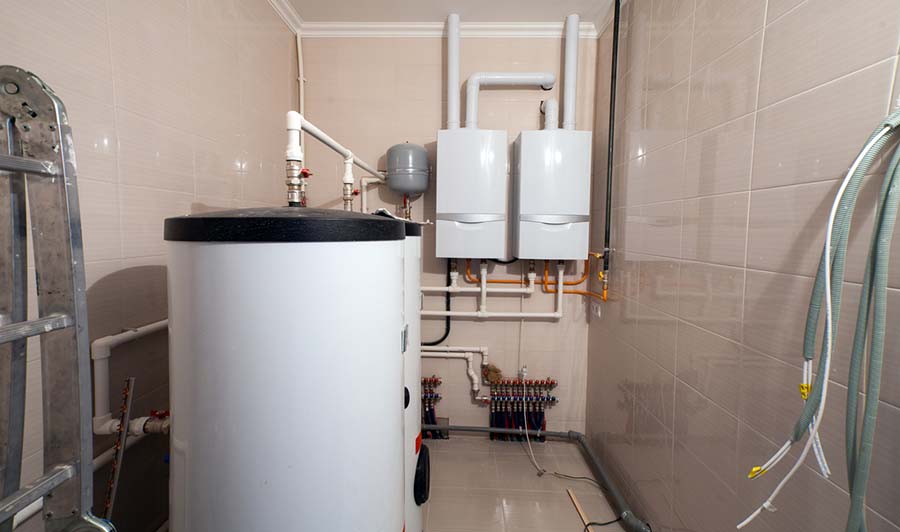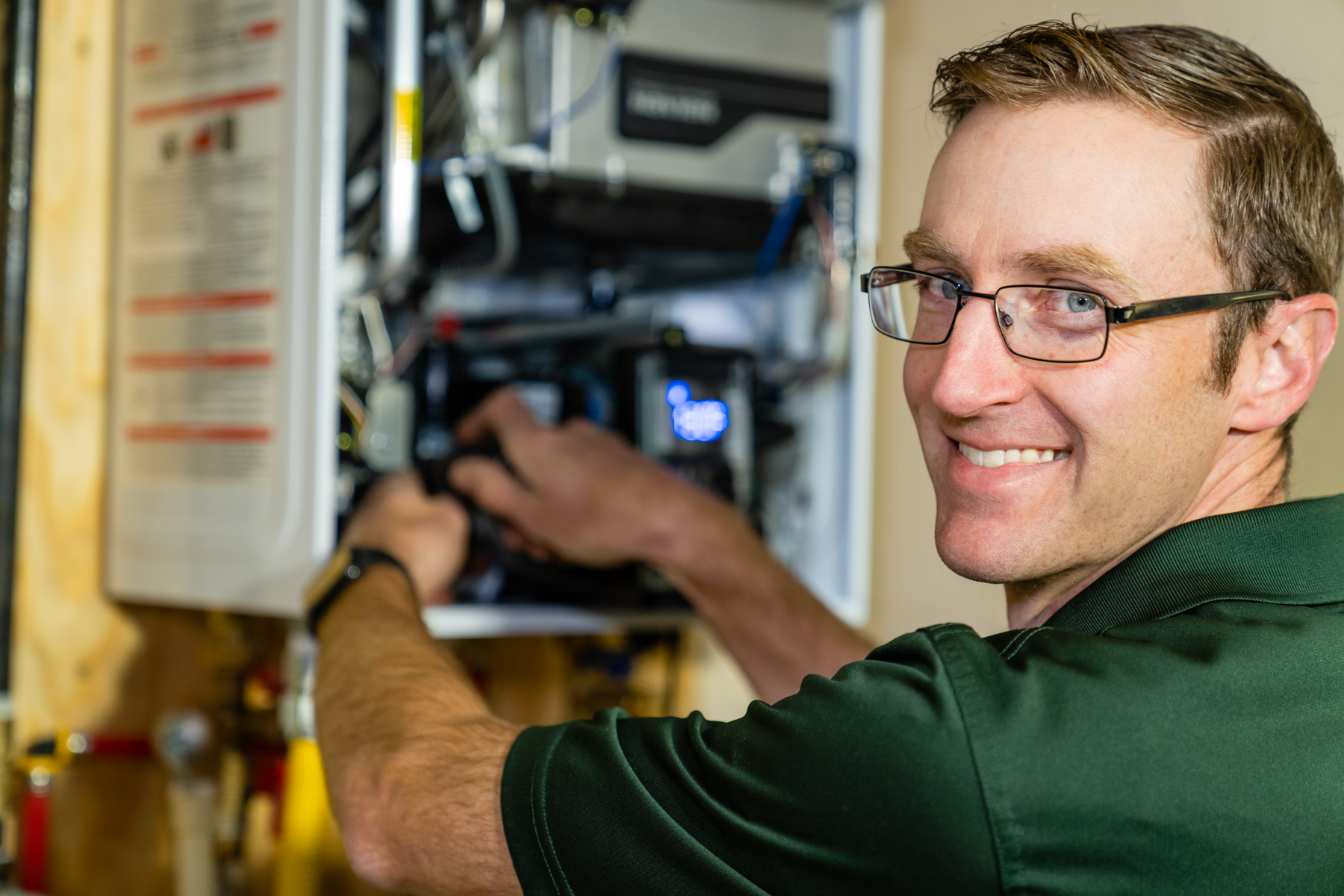Responding to the Standard Water Heater Crisis Scenarios
Responding to the Standard Water Heater Crisis Scenarios
Blog Article
The article author is making several great pointers relating to Is Your Water Heater Leaking? in general in this great article down the page.

A hot water heater is among the most essential fundamental appliances that can be located in a house. With water heaters, you do not need to go through the anxiety of home heating water by hand each time there is a need to take a bath, do the laundry, or the dishes. There is always a possibility that your water heater would act up as with many mechanical tools.
It is essential to keep in mind any little breakdown and tackle it promptly before things get out of hand. Most times, your water heater starts to malfunction when there is a build-up of debris as a result of continual usage. As a preventative measure, regular flushing of your water heater is suggested to stop sediment accumulation as well as stop practical failing.
Typical hot water heater emergency situations and exactly how to handle them
Leaking water heater storage tank.
In this circumstance, you need to transform off your water heating unit, permit it to cool down, and also meticulously look for the source of the issue. At times, all you require to do is to tighten a couple of screws or pipeline connections in instances of minor leakages. If this does not work and the leakage lingers, you may require to employ the services of a technician for a suitable replacement.
Rising and fall water temperature level.
Your water heater might start creating water of different temperatures usually ice scalding or chilly warm. In this scenario, the first thing you do is to guarantee that the temperature level is readied to the wanted level. If after doing this, the water temperature maintains changing during showers or other activities, you might have a defective thermostat. There may be a demand to replace either the thermostat or the heating device of your water heater.
Too little hot water
It might be that the water heating system can't support the warm water demand for your house. You might update your water heating unit to one with a larger capability.
Stained or smelly water
When this happens, you require to understand if the problem is from the storage tank or the water source. If there is no amusing odor when you run cool water, then you are specific that it is your water heating system that is damaged. The smelly water can be triggered by rust or the buildup of germs or sediments in the water heating unit container.
Verdict
Some home owners neglect little caution as well as minor faults in their water heater unit. This only brings about further damage and also a possible complete breakdown of your home appliance. You ought to manage your water heater faults as soon as they come up to stay clear of even more expenses as well as unnecessary emergency difficulties.
With water heaters, you do not require to go through the anxiety of home heating water by hand every time there is a requirement to take a bathroom, do the washing, or the dishes. Your water heater can begin generating water of various temperatures generally ice chilly or hot hot. It might be that the water heating system can't sustain the hot water need for your apartment. If there is no amusing odor when you run chilly water, then you are particular that it is your water heating unit that is defective. The smelly water can be triggered by rust or the build-up of microorganisms or debris in the water heating unit tank.
Water Heater Burst: Why This Happens And What To Do Next
Water Heater Explosion Warning Signs
Since storage water heaters are made of metal and store large volumes of heated water, they carry an increased risk of leaking or even exploding as they begin to rust at the fittings and seams over time. If the thermostat controlling the water temperature within the tank is faulty, or if mineral buildup inside the water heater prevents the thermostat from sensing the water’s temperature correctly, the water could become overheated. This will expand its volume within the tank, causing it to press at the tank’s fittings and seams. If these fittings and seams are rusted or corroded, the pressure could result in a leak or even an explosion.
Here are some risk factors and warning signs of an increased risk of water heater leak or explosion:
Your water heater is more than 10 years old. Your water heater makes clanking, banging or rumbling noises as it heats up, indicating that sediment has built up and hardened inside the tank. There is visible rust on the outside of the water heater, especially located at the pipe fittings or the seams that run down the tank. There is rusty water coming from your water heater, indicating that there may be rust building up inside. Your water heater is leaking, which could indicate either a crack somewhere in the tank or a malfunctioning temperature-and-pressure (T&P) relief valve. What To Do When Water Heater Leaks
If you find water dripping or seeping out of your water heater, or pooling around it, it means your water heater is leaking. If you find a leak, it may be best to call a plumbing professional to diagnose the problem and determine how best to handle it. If you choose to tackle it on your own, there are a few things you can do.
TURN OFF THE POWER
Next, shut off the power to the hot water tank at your home’s electrical breaker box. If you don’t shut off the power, the heating elements within the tank could continue to stay hot, which could pose a fire risk.
If you have a gas-powered water heater, you’ll also need to shut off the gas line leading into the tank.
FIND THE LEAK
Now it’s time to determine where the leak is coming from. Likely locations are the T&P valve, the drain valve or one of the pipes or fittings that feed into the top of the tank. If you see any rust or corrosion on the outside of your water heater’s tank, pipes or fittings, these could also be the source of the leak.
REPAIR THE LEAK
Once you determine the source of your water heater leak, you’ll have a better idea of what steps you need to take to fix the problem. It may be a simple fix—such as using a wrench to tighten fittings or replacing the T&P valve—but it may be something more complicated. You may even need to drain the tank, remove the water heater and install a new one.
https://www.abchomeandcommercial.com/blog/water-heater-burst/

We had been introduced to that write-up on Is Your Water Heater Leaking? from a good friend on our other blog. For those who liked our blog entry kindly remember to share it. I am grateful for your time. Please visit our blog back soon.
Trustworthy fix? Call. Report this page